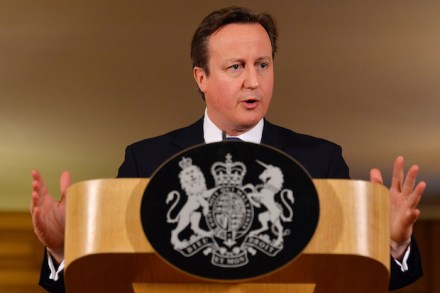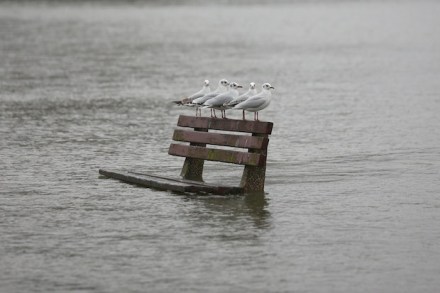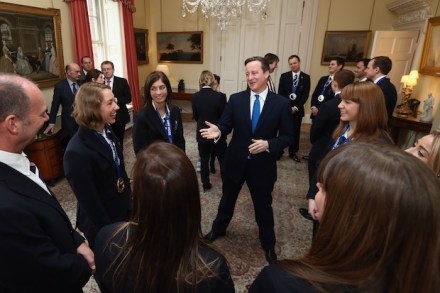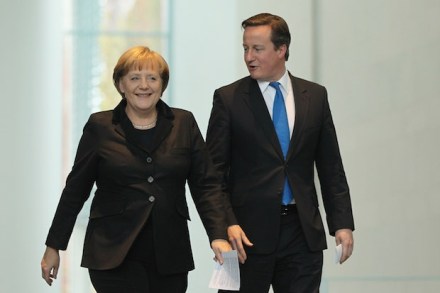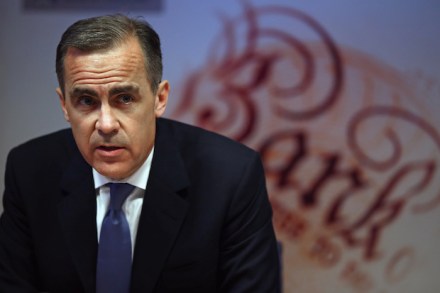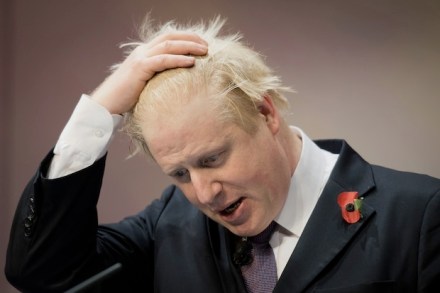Net migration is up, but net migration is a meaningless term
The latest figures showing a big increase in net migration are a blow to the Conservatives, although it obviously reflects on the relative strength of the British economy; at least in relation to the basket cases of southern Europe, from where large numbers have come. It will almost certainly mean more Tory voters joining Nigel Farage’s purple revolution, especially because it illustrates the impossibility of controlling immigration while Britain is inside the EU; the number of EU citizens arriving went up from 149,000 to 209,000 in a year. But that’s part of the curious 80/20 Rule about the immigration debate; Europeans accounted for only a fifth of migration under New
